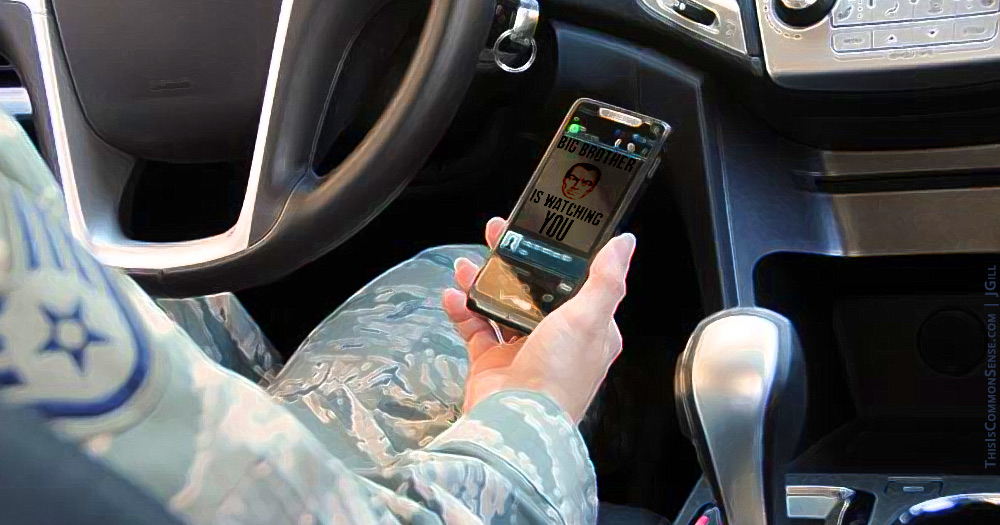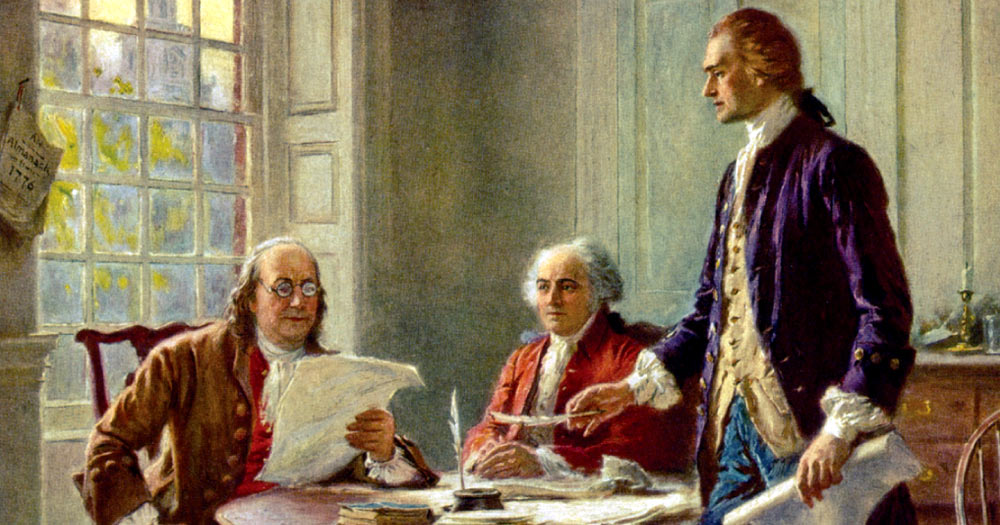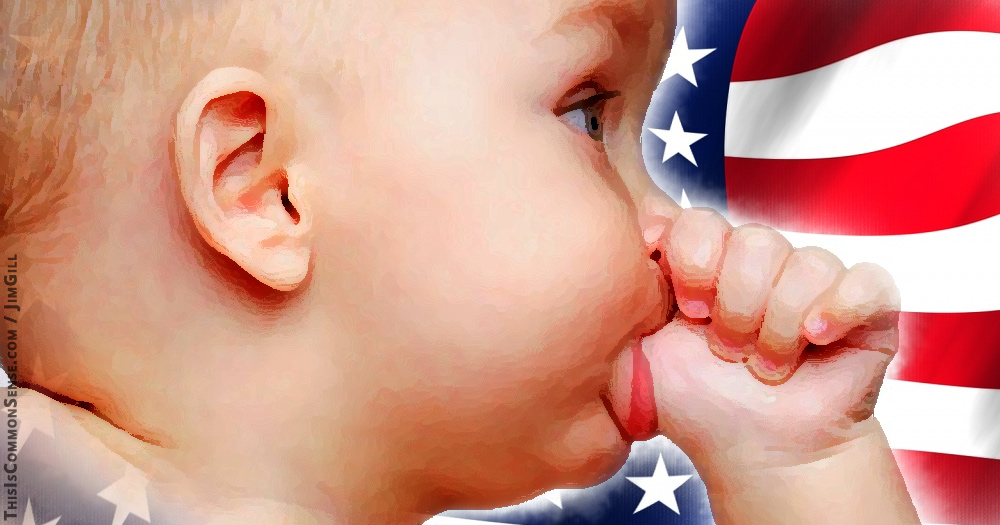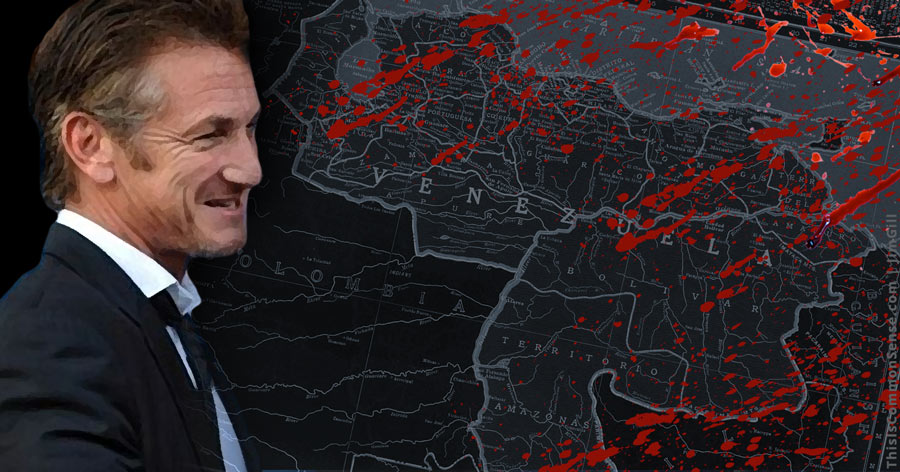Drivers in Washington State have a new law to … swerve from?
“New distracted driving law starts Sunday, July 23,” the Washington State Department of Transportation (WSDOT) tweeted last week. “The law forbids,” Washingtonians were told, “virtually all use of handheld gadgets such as phones, tablets, laptop computers and gaming devices while driving.”
The idea is to prevent accidents. Though distracted driving’s danger has been contested, texting while driving certainly seems a kind of crazy.
Thankfully, it’s possible to talk “hands free.”
Which, it turns out, the new law does allow. Drivers may activate and de-activate hands-free devices (and apps) with the “minimal use of a finger.”
Eating and drinking while driving are also disallowed, but those are “secondary offenses,” which police are not allowed to pull you over for.
At this point, another meaning of “minimal use of a finger” may occur to some readers. What starts out as secondary offenses have been known to be upgraded, legally and practically, to primary offense status.
Does a shiver runs down your back?
Yet another rule! More fines!
More interactions with police.
And if all this doesn’t feel “police state‑y” enough for you, there is argument in Seattle about whether pedestrians should be prohibited from “distracted walking.”
Yes, some are actually considering that.
I’m reminded of an argument against socialism: government-run enterprises tend to be run “ruthlessly and with special attention to prosecution (and overburdening) of the poor.” Why would anyone want such techniques writ society-wide, in every sector?
Meanwhile, we apparently must live and drive with more rules and more fines and more harassment.
This is Common Sense. I’m Paul Jacob.











